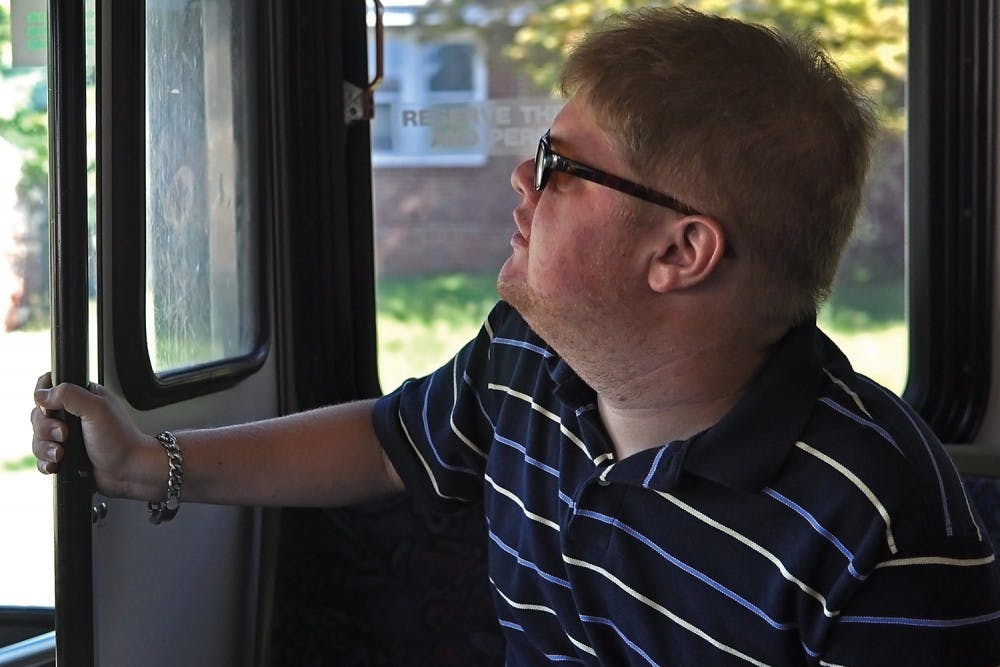But Tauron Ferguson of Mooresville didn’t know college was going to be a possibility for her son, Brennan Ferguson, who was born with severe dyspraxia, a developmental disability that affects motor skills like writing and talking.
A few years after Brennan graduated high school, the Fergusons heard about UNC-Greensboro’s Beyond Academics program, a four-year certificate program for students with intellectual and developmental disabilities. Her son had the opportunity to get a postsecondary education, but he had no college savings.
On July 1, for the first time, Brennan Ferguson and the 53 other students in the program became eligible to apply for federal financial aid, including Pell Grants and work-study funding.
“One of the most gut-wrenching things is to sit at the table with families and students who realize that (this program) is here, and it could help their sons and daughters grow and then to realize that they didn’t save enough money,” said Joan Johnson, executive director of Beyond Academics.
When Brennan Ferguson, now 26 and a junior at UNC-G, was originally accepted to the program, the Ferguson family paid for tuition, fees and disability support services out of pocket. For a Beyond Academics student with the maximum level of outside support, a year’s tuition costs about $25,000, though that number can vary by year.
Tauron Ferguson found out on Saturday that her son’s full tuition, fees and support services would be paid for through federal aid.
“Certainly it relieves an enormous financial burden for us, but that’s not all. It validates that (students with intellectual disabilities) are people too, and they deserve these opportunities to create their niche in life.”
The federal aid eligibility came when Beyond Academics received official recognition as a Comprehensive Transition and Postsecondary program by the U.S. Department of Education.




